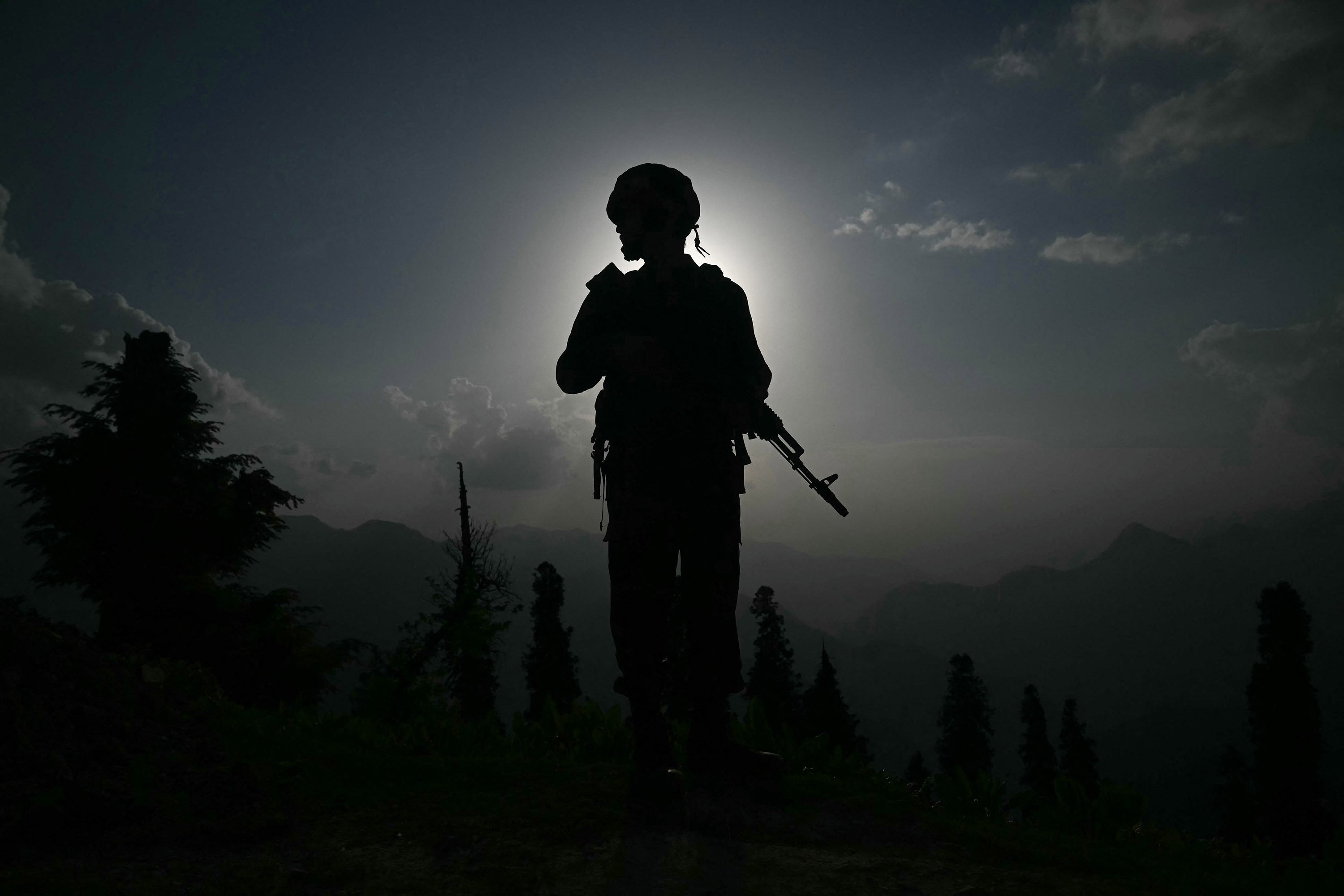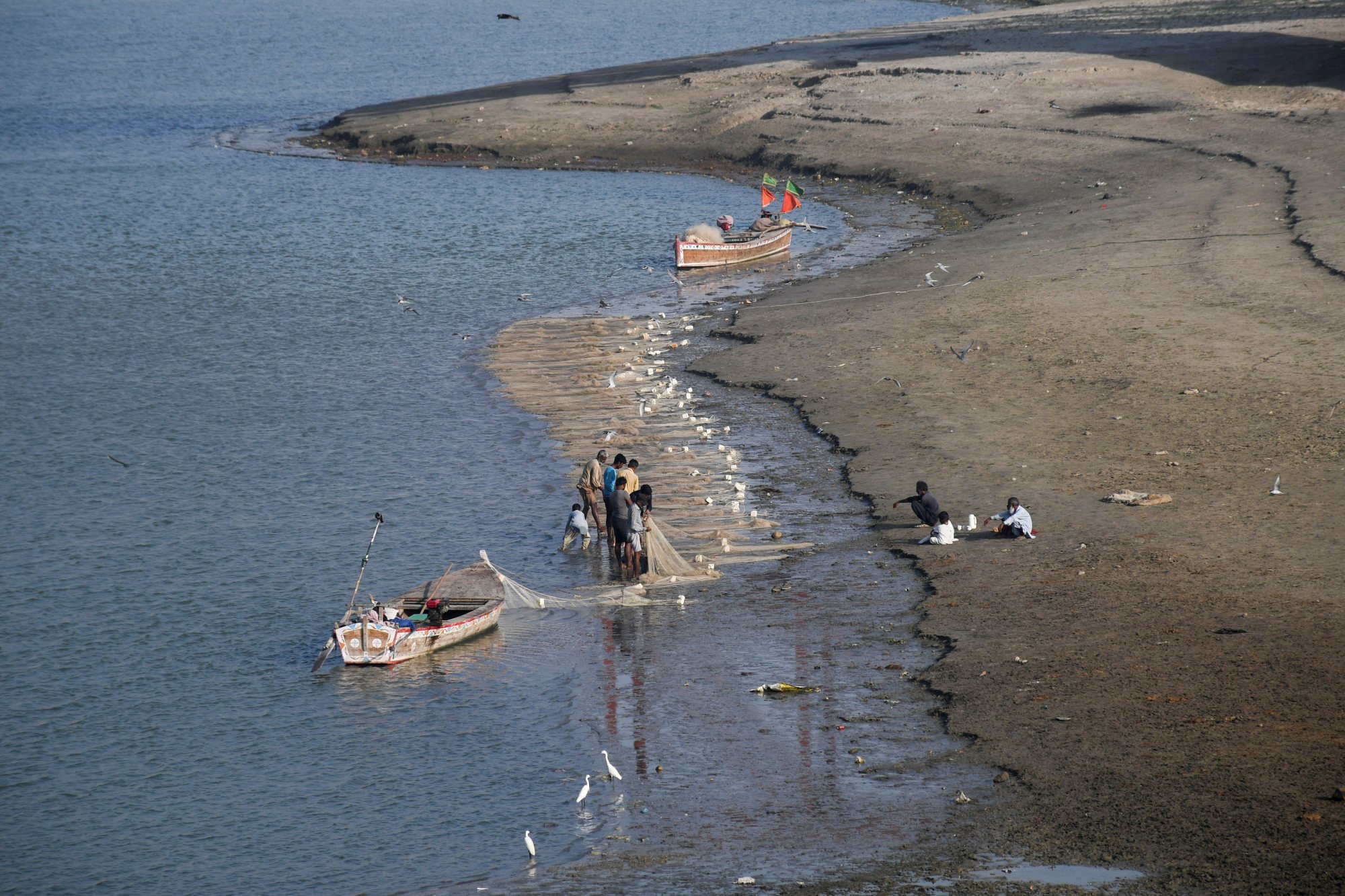As fighting stops, India-Pakistan start narrative war to sway global opinion over conflict
Both sides send delegations to global capitals to shape the narrative around the Kashmir conflict and terrorism

Two weeks after pulling back from the brink of all-out war, India and Pakistan are now racing to win over global opinion.
Both sides are sending delegations to global capitals to influence international perception of the conflict, as tensions between the nuclear-armed rivals continue to simmer.
New Delhi this week dispatched seven teams of diplomats and lawmakers to capitals of some 30 countries, including in Europe, Asia, the Middle East, Africa and South America as part of its publicity campaign. The delegates have been told to detail Islamabad’s history of supporting militants, and its alleged involvement in the deadly April 22 attack in the India-administered part of Kashmir, which triggered the latest conflict.
India is also pushing back against the perception – reinforced by US President Donald Trump’s social media posts – that the two sides were equals in their dispute over the territory of Kashmir, and that they had agreed to mediated peace talks.
Prime Minister Narendra Modi on Thursday ruled out talks with Pakistan and vowed military action if faced with further terrorist attacks. Separately, India’s foreign minister told Dutch broadcaster NOS that the May 10 truce was negotiated directly between India and Pakistan, refuting Trump’s claim of brokering the ceasefire.
“For many Indians, Trump’s messaging on mediation amounts to drawing a false equivalence by treating India and Pakistan the same,” said Michael Kugelman, a South Asia analyst based in Washington. “This is a major setback for New Delhi, given that it amounts to a victory for Islamabad in the battle of narratives that has endured even after the fighting stopped.”
Pakistan is also planning its own diplomatic initiative, though on a much smaller scale. Its government has said it is sending seven officials to three European capitals and the US to make the case that it, not India, is the victim.
The duelling efforts are playing out almost two weeks after both countries agreed to a ceasefire, following days of intense drone and air strikes and artillery and small arms exchanges between the two nations. The fighting touched off after India blamed Pakistan for what it called a terrorist attack that killed 26 civilians, mostly Indian tourists. Pakistan denied responsibility.
Trump’s attempt to take credit for the ceasefire has frustrated Indian officials, as have his assertions that trade was used as a bargaining chip to negotiate the truce. Delhi has denied those claims as well as a statement by US Secretary of State Marco Rubio that the two sides agreed to begin talks on a broad set of issues at “a neutral site”.
In their diplomatic outreach, a main focus of the message from Indian officials will be Pakistan’s alleged links to terrorism and its purported involvement in the April 22 attack on civilians, said Rajeev Kumar Rai, a member of parliament who is part of a delegation visiting Spain, Greece, Slovenia and Russia.
The teams will specifically raise Pakistan’s alleged support for UN-designated terror groups such as Lashkar-e-Taiba and Jaish-e-Mohammed, according to officials familiar with the outreach, who asked not to be identified because the discussions were private. They will also tell foreign officials that India remains resolved to respond to future violence in a manner it deems fit, they said.
India’s Ministry of External Affairs did not immediately respond to an email seeking further information.
Of the nations on India’s list to visit, roughly a third are members of the Organisation of Islamic Countries, a multilateral body that claims to speak for the Muslim world. Pakistan is also a member of that group, and has lobbied it for greater intervention in the Kashmir conflict.
Delhi also aims to target Pakistan’s economy, which is only beginning to recover from a prolonged crisis. India plans to urge the Paris-based Financial Action Task Force to take renewed action against Pakistan, a government official said on Friday. The anti-money-laundering watchdog removed Pakistan from its terror-financing list in 2022, easing its access to trade and investments. India wants Pakistan returned to the grey list, the official said.

For its part, Pakistan added that the goal of its outreach is to highlight what it said were its “consistent and constructive efforts to ensure peace and stability in the region,” according to the state-run Associated Press of Pakistan. It said its officials will “expose India’s propaganda campaigns”.
The Pakistan officials will also bring up India’s suspension of the Indus Waters Treaty – a critical water-sharing pact – that can have serious long-term consequences for Pakistan. “Breaking the treaty at will is irresponsible behaviour,” said Khurram Dastgir Khan, who is part of Pakistan’s delegation. “If the water issue is not solved, then we are looking at another war in six to 10 years,” he said.
Delhi suspended the treaty, which governs the distribution of waters from six rivers flowing from the Himalayas, after the Kashmir attack.
“President Trump has demonstrated more openness to working with Pakistan than we saw under President Biden, so this moment does represent a meaningful opportunity for Pakistan to reassert its relevance in Washington,” said Elizabeth Threlkeld, senior fellow and director of South Asia at the Stimson Centre in Washington.
For India, the diplomatic effort is complicated by the fact that it continues to press ahead with trade talks with the US, which it hopes will remove Trump’s so-called reciprocal tariffs on the South Asian country’s exports.
“The challenge for policymakers in the US and New Delhi will be to navigate sensitivities over US mediation while continuing to make progress in other areas of the relationship, including trade and defence,” Threlkeld said.